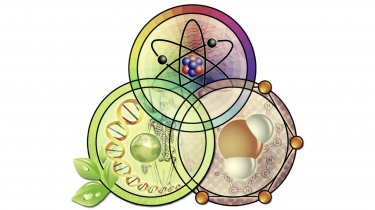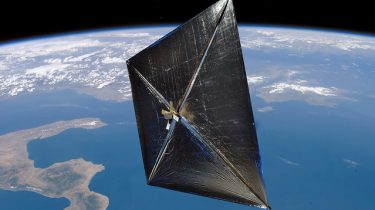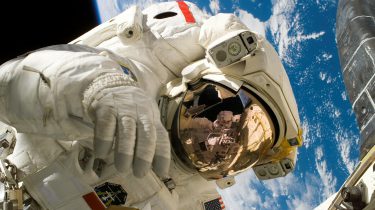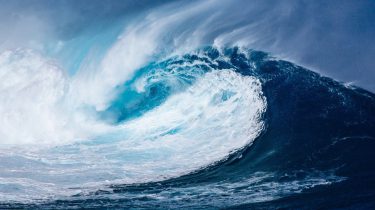How a Physicist Tackles Astrobiology
By Michael May Introduction If scientific research was reflective of high school level science courses, then every field would lie within its own separate sphere: biology dealing with all things living, chemistry describing the interactions of physical matter, and physics covering topics such as motion and the behavior of particles. However, it is fairly common knowledge that there is plenty of overlap between these fields, with studies such as biochemistry and biophysics dedicated to describing how one subject operates within […]
Read more









